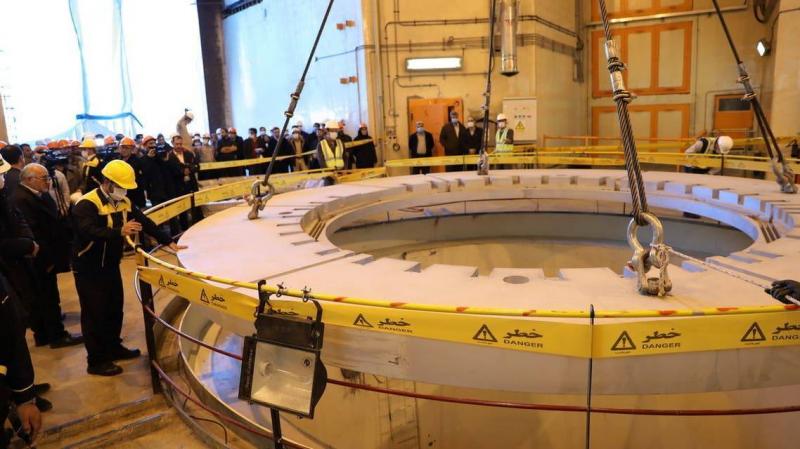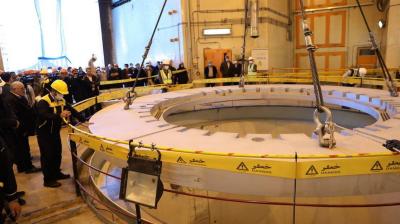Experts studying new data from recent International Atomic Energy Agency (IAEA) reports have revealed that Iran has the capability to produce fuel for a nuclear warhead within one month, according to a report by the American newspaper "The New York Times." The report, released on Monday by the "Institute for Science and International Security," an independent group specializing in analysis of findings by the UN agency, concluded that Iran's enrichment of uranium to a purity of 60% during the summer had significant implications, enabling it to produce fuel for one bomb within one month, a second bomb in less than three months, and a third in less than five months.
The newspaper states that Iran is pressuring the administration of U.S. President Joe Biden to finalize an agreement by ramping up nuclear fuel production. The report's main author, David Albright, warned on Friday that Iran's actions indicate efforts by the new government under President Ebrahim Raisi to seek new, more favorable terms in negotiations to restore the nuclear deal reached with major powers in 2015. Albright, who is also the president of the institute, stated, "We must be careful not to let them scare us."
The deal prevents Iran from enriching uranium beyond 3.67%, a level significantly lower than the 90% needed to develop a nuclear weapon. However, Iran has continued to enrich uranium since the U.S. withdrawal from the agreement in 2018, reaching 60%. The IAEA has strongly condemned Tehran's lack of cooperation regarding its monitoring mission following the suspension of some inspections in February.
Two days ago, the Iranian Atomic Energy Organization announced that it would allow the IAEA access to surveillance cameras at nuclear sites. Under this agreement, inspectors will be permitted to access and restart their cameras and other equipment, but this does not address the issue of uranium enrichment at levels far exceeding those allowed in the nuclear agreement. Thus, Tehran is now much closer to the materials used in making bombs than it was before 2015, according to the newspaper.
The matter of surveillance cameras is part of ongoing negotiations aimed at salvaging the agreement made in Vienna, which has been threatened since former U.S. President Donald Trump announced the U.S. withdrawal in 2018 and reinstated stringent sanctions that negatively impacted the Iranian economy and the value of its currency. About a year after the U.S. withdrawal, Tehran gradually rolled back most of its core commitments outlined in the agreement. In April, talks began in Vienna between Iran and the deal's parties, with indirect participation from the United States, in an effort to revive the agreement by reaching an understanding that would allow for the lifting of sanctions in exchange for Iran returning to full compliance with its obligations.
However, the talks have been suspended since June 20, just two days after Ebrahim Raisi won the Iranian presidential elections.




